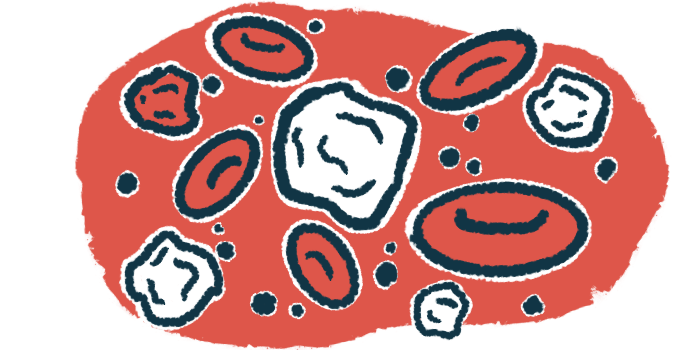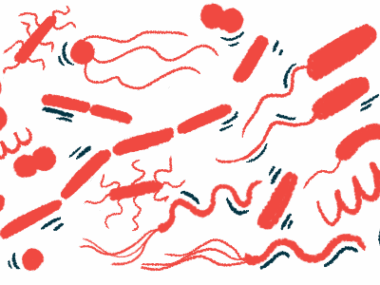Zinc may help fight bacterial infections in CF patients: Study
Zinc found to restore bacteria-killing abilities of macrophages
Written by |

Zinc may be key to reducing bacterial infections in people with cystic fibrosis (CF), researchers at the University of Queensland have found.
They discovered that defects in the CFTR protein, the underlying cause of CF, interfered with the bacteria-killing function of immune cells known as macrophages. They were able to restore function of the defective cells with a zinc transporter or zinc supplementation.
“One way that macrophages destroy bacteria is by poisoning them with toxic levels of metals such as zinc,” Matt Sweet, PhD, the study’s senior author, said in a university press release.
“We discovered that the CFTR ion channel is crucial to the zinc pathway, and because it doesn’t work properly in people with CF, it may partly explain why they’re more susceptible to bacterial infections,” Sweet said.
The study, “CFTR is required for zinc-mediated antibacterial defense in human macrophages,” was published in Proceedings of the National Academy of Sciences (PNAS).
CFTR is a protein that functions like a gate, regulating the flow of chloride ions in and out of cells to help maintain the body’s balance of salt and water. In CF, mutations in the CFTR gene lead to defects in the protein’s production or function. This disrupts the water-salt balance, resulting in the buildup of thick mucus in organs including the lungs, pancreas, liver, and intestines.
CF treatments don’t resolve, prevent lung infections
People with CF also have impaired immune responses, making them susceptible to lung infections with bacteria such as Pseudomonas aeruginosa, a major contributor to lung disease in CF. Antibiotics can treat these infections, but long-term use can lead to antibiotic resistance and reduced efficacy.
“Current treatments can restore many aspects of CFTR function, but they don’t resolve or prevent lung infections, so there is a need to restore immune functions,” said Peter Sly, MD, director of the university’s Children’s Health and Environment Program.
While CFTR modulator therapies to correct CFTR protein defects and ease lung and digestive symptoms, they appear to have no impact on immune dysfunction.
The researchers set out to determine whether defective CFTR protein undermined bacteria-fighting responses by impairing the zinc toxicity function of macrophages, which are a type of white blood cell that surrounds, ingests, and kills microorganisms.
Zinc, a mineral that’s essential for various biological processes, including immune function, can be toxic to cells in high amounts in certain situations.
When macrophages encounter microorganisms, they accumulate zinc to toxic levels within tiny sacs called vesicles inside the cell. When released, the high local levels of zinc help kill the ingested microorganisms to clear the infection.
Zeroing in on macrophages
Using macrophages derived from CF patients with impaired CFTR function, the researchers found that CFTR was needed to ingest and clear disease-causing bacteria called Escherichia coli, or E. coli.
Looking more closely, they found that defective CFTR impaired the macrophages’ ability to accumulate zinc and form zinc vesicles when induced by E. coli, and bacteria ingested by macrophages showed reduced zinc stress. A lack of CFTR function also extended the survival of a zinc-sensitive E. coli mutant within macrophages as compared with normal E. coli.
The team then restored the antimicrobial function of CFTR-defective macrophages against E. coli by either inducing the production of a protein called SLC30A1, which transports zinc, or by treating cells with external zinc.
Using a model more relevant to CF, they found supplementation with zinc also restored the bacterial-killing abilities of macrophages against Pseudomonas aeruginosa.
The results showed “restoration of the zinc toxicity response could be pursued as a therapeutic strategy to restore innate immune function and effective host defense in [CF],” the researchers wrote.
“Our goal now is to deliver this zinc transport protein to macrophages in people with CF, with the expectation that it would reactivate their immune response and reduce infections,” said Sweet.







